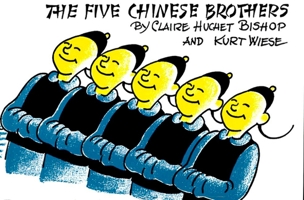Why Knowledge Matters: Rescuing Our Children from Failed Educational Theories
Select Format
Select Condition 
You Might Also Enjoy
Book Overview
In Why Knowledge Matters, E. D. Hirsch, Jr., presents evidence from cognitive science, sociology, and education history to further the argument for a knowledge-based elementary curriculum. Influential scholar Hirsch, author of The Knowledge Deficit, asserts that a carefully planned curriculum that imparts communal knowledge is essential in achieving one of the most fundamental aims and objectives of education: preparing students for lifelong success. Hirsch examines historical and contemporary evidence from the United States and other nations, including France, and affirms that a knowledge-based approach has improved both achievement and equity in schools where it has been instituted. In contrast, educational change of the past several decades in the United States has endorsed a skills-based approach, founded on, Hirsch points out, many incorrect assumptions about child development and how children learn. He recommends new policies that are better aligned with our current understanding of neuroscience, developmental psychology, and social science. The book focuses on six persistent problems that merit the attention of contemporary education reform: the over-testing of students in the name of educational accountability; the scapegoating of teachers; the fadeout of preschool gains; the narrowing of the curriculum to crowd out history, geography, science, literature, and the arts; the achievement gap between demographic groups; and the reliance on standards, such as the Common Core State Standards, that are not linked to a rigorous curriculum. Why Knowledge Matters makes a clear case for educational innovation and introduces a new generation of American educators to Hirsch's astute and passionate analysis.
Format:Paperback
Language:English
ISBN:1612509525
ISBN13:9781612509525
Release Date:September 2016
Publisher:Harvard Education PR
Length:280 Pages
Weight:0.89 lbs.
Dimensions:0.7" x 5.9" x 8.9"
More by E.D. Hirsch Jr.
Customer Reviews
2 customer ratings | 2 reviews
There are currently no reviews. Be the first to review this work.
























































